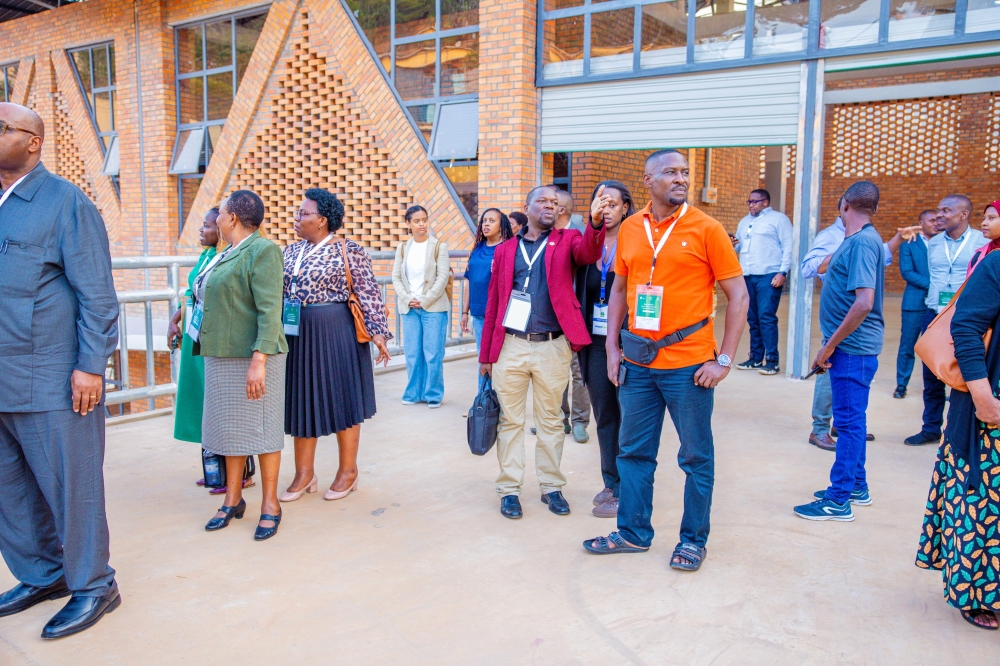Computer technology is to move centre stage alongside English, maths and personal skills in an overhaul of England’s primary school curriculum. These are the “essentials for learning and life” recommended by former school inspections director Sir Jim Rose.


Computer technology is to move centre stage alongside English, maths and personal skills in an overhaul of England’s primary school curriculum.
These are the "essentials for learning and life” recommended by former school inspections director Sir Jim Rose.
Traditional subjects continue with more cross-curricular work in six themes, and a stress on speaking and listening.
From 2011 all children will be able to start school in the September after they turn four, the government says.
The change is part of an overhaul to smooth progression from early years through primary and into secondary school.
Sir Jim said: "The touchstone of an excellent curriculum is that it instills in children a love of learning for its own sake.
"From what I have seen on my visits, the best schools demonstrate that these priorities - literacy, numeracy, ICT and personal development - are crucial for giving children their entitlement to a broad and balanced education.”
Science is no longer a core subject, but he added: "In no way does that suggest we are stepping back from recognising the importance of science and technology.”
Subjects stay
His final report advocates six broad areas of understanding:
•English, communication and languages
•mathematical
•the arts
•historical, geographical and social
•physical development, health and wellbeing
•scientific and technological
But it also complains that his interim proposals had been misreported as doing away with traditional subjects.
"My recommended areas of learning will not ‘abolish’ subjects, such as history or geography,” he said.
"The essential content of these subjects must be taught well in order for children to be able to make links between them, which is what having the six new areas of learning will allow teachers to do.”
BBC




